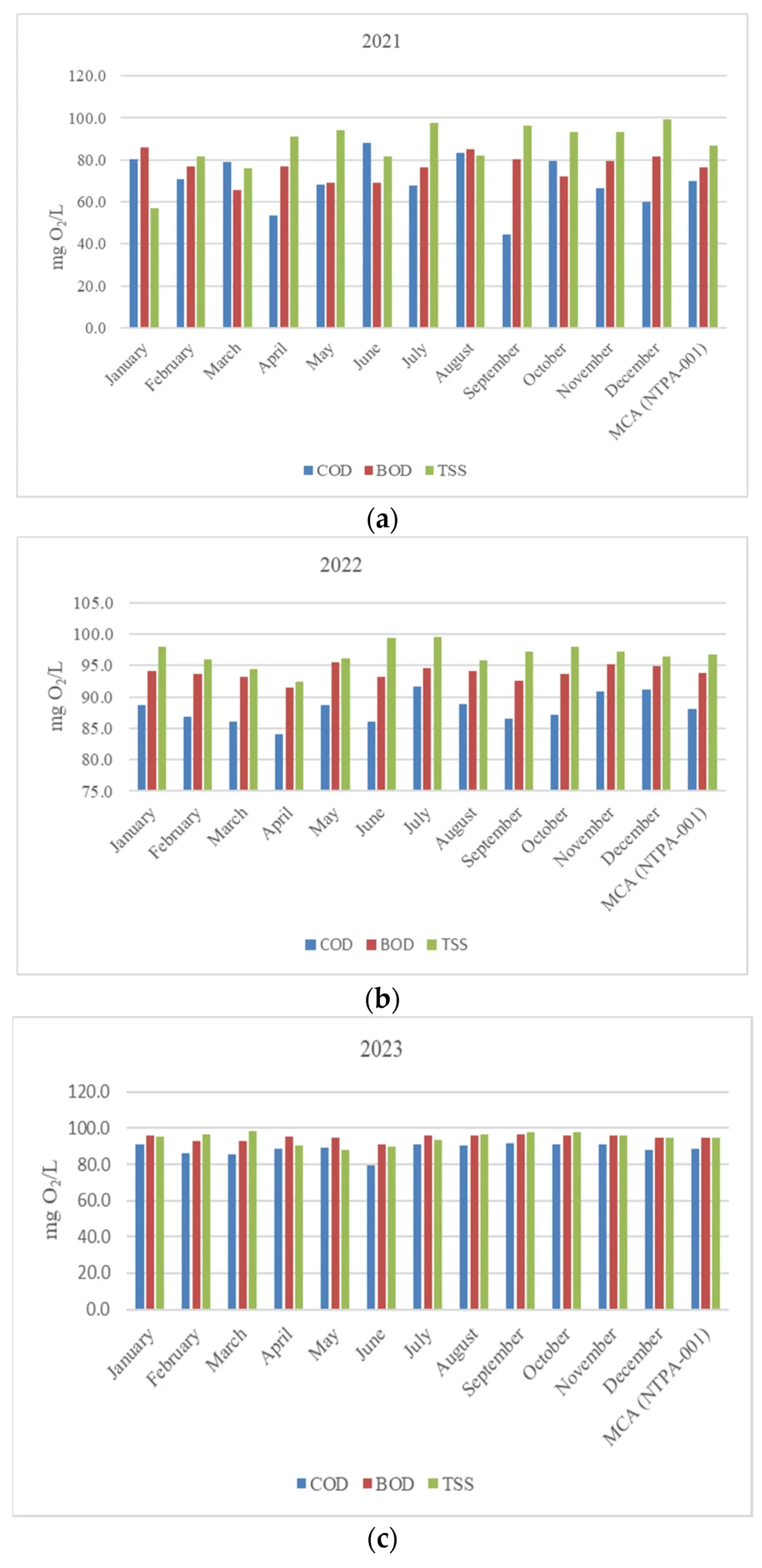Is the U.S. Economy on the Brink of a Major Shift? Find Out What Experts Are Saying!
As the United States continues to navigate the aftermath of the COVID-19 pandemic, economists are closely monitoring various indicators that could signal a significant shift in the economy. With inflation rates fluctuating, labor market dynamics evolving, and global factors influencing domestic stability, many are questioning whether the U.S. economy is on the brink of a major transformation. What do experts have to say?
The COVID-19 pandemic has left an indelible mark on the U.S. economy. As businesses reopened and consumer behavior began to shift, economists have been analyzing the long-term impacts of the pandemic. According to Dr. Emily Johnson, an economist at the Brookings Institution, “The pandemic has accelerated changes in consumer preferences and workforce dynamics that may reshape the economy for years to come.” This perspective underscores the necessity of understanding how these shifts could influence economic recovery.
Inflation Trends and Consumer Confidence
Recent reports indicate that inflation rates have shown signs of decreasing, which could provide some relief to consumers. However, concerns linger regarding the long-term effects of inflation on purchasing power and economic stability. “While we may see a temporary decline in inflation, the underlying issues that caused it remain,” warns Dr. Robert Chen, a financial analyst. This sentiment reflects the cautious optimism shared by many experts, who emphasize the importance of monitoring inflation trends closely.
In tandem with inflation, consumer confidence remains a critical factor in economic recovery. As spending habits evolve, experts are keeping a close eye on shifts in consumer sentiment. A recent survey conducted by the Consumer Confidence Index revealed that 60% of respondents are optimistic about the economy’s recovery. This optimism, however, is tempered by concerns over rising consumer debt levels, which could pose risks to financial stability in the future.
Labor Market Dynamics and Wage Growth
The labor market is undergoing significant changes, with discussions surrounding wage growth and job vacancies becoming increasingly prominent. Experts note that remote work has transformed employment patterns, leading to a reevaluation of job roles and expectations. “The rise of remote work has created opportunities for many, but it has also led to challenges in job retention and wage negotiations,” explains Dr. Sarah Patel, a labor market specialist.
Moreover, the issue of immigration and its impact on economic growth is gaining traction among economists. Studies suggest that immigrants contribute positively to the economy by boosting innovation, increasing wages, and attracting foreign investment. “A diverse workforce is essential for fostering creativity and driving economic growth,” asserts Dr. Miguel Torres, an immigration economist.
Potential Recession Risks and Government Policies
As the economy continues to recover, some economists are raising alarms about the potential for a recession in 2024. This has prompted discussions about fiscal policies and measures to mitigate economic downturns. “Preparedness is key,” states Dr. Linda Wong, a macroeconomic analyst. “We need to ensure that government policies are in place to support the economy during challenging times.”
Current and proposed government policies, including stimulus measures and infrastructure investments, are under scrutiny for their potential impact on economic growth. The Federal Reserve’s decisions on interest rates also play a crucial role in shaping economic conditions. With rising interest rates, borrowing costs may increase, affecting both consumer spending and business investments.
Global Economic Factors and Supply Chain Disruptions
Global economic factors are influencing the U.S. economy, particularly in terms of international trade dynamics and geopolitical tensions. Ongoing supply chain disruptions, exacerbated by the pandemic, have led to increased costs and delays in production. “The interconnectedness of global markets means that local economies are often affected by international events,” notes Dr. Rachel Smith, a global economics expert.
Wealth Inequality and Regional Disparities
Wealth inequality remains a pressing issue, with discussions around its implications for economic growth and social stability gaining traction. Experts argue that addressing wealth disparity is essential for fostering a more equitable economy. “A more balanced distribution of wealth can lead to increased consumer spending and, ultimately, economic growth,” asserts Dr. James Lee, an economist focused on social equity.
Additionally, economic recovery is uneven across different regions, with some areas rebounding faster than others. This highlights the need for targeted economic policies to address regional disparities. “Tailoring policies to fit the unique needs of each region is crucial for ensuring a balanced recovery,” emphasizes Dr. Karen White, a regional economic analyst.
Conclusion: A Future of Opportunities and Challenges
As the U.S. economy stands at a crossroads, experts emphasize the importance of adaptability and resilience. The interplay between consumer behavior, labor market dynamics, and global factors will shape the economic landscape in the coming years. While challenges such as inflation, potential recession risks, and wealth inequality persist, there are also opportunities for growth and innovation.
In this evolving economic environment, staying informed and engaged with expert analysis will be crucial for navigating the complexities ahead. As Dr. Emily Johnson aptly puts it, “The future of the U.S. economy will be defined by our collective response to these challenges and opportunities.” The path forward may be uncertain, but one thing is clear: the U.S. economy is on the brink of a major shift, and how we respond will determine its trajectory.






Leave a Comment